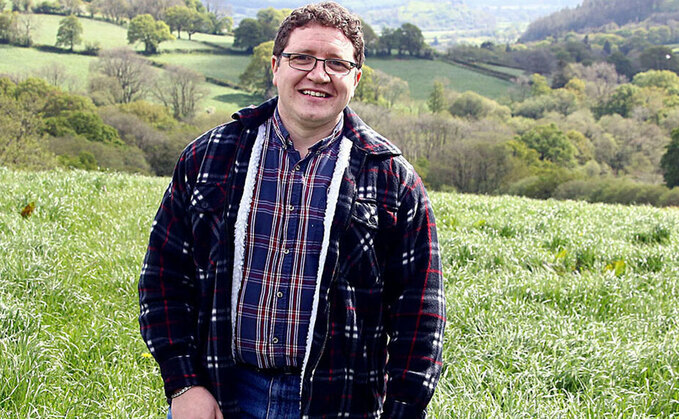
In the summer of 2003, as I concluded my studies at Swansea University, little did I imagine that almost two decades later the work of one of the Welsh poets we studied would again haunt with a renewed...

In the summer of 2003, as I concluded my studies at Swansea University, little did I imagine that almost two decades later the work of one of the Welsh poets we studied would again haunt with a renewed...
Farming communities demonstrated strength and resilience to overcome the foot-and-mouth crisis and its aftermath. But have lessons been learnt 25 years on?
David and Jo Clarke set out to make farmhouse Red Leicester the way it was originally intended, and their raw milk Sparkenhoe is now named the world's Best Territorial Cheese
Is the Government waging a war on the countryside with proposals to merge section 1 & 2 regulations on firearms licenses which could undermine the countryside, the rural way of life, farmers and gamekeepers?